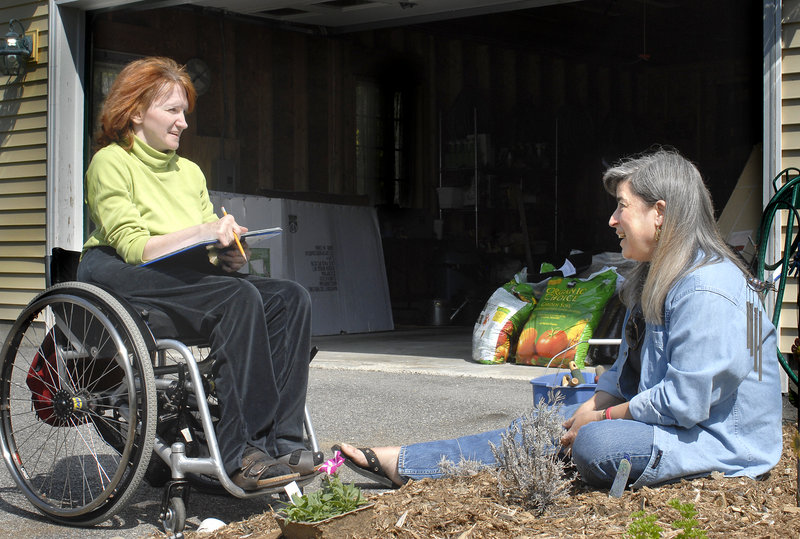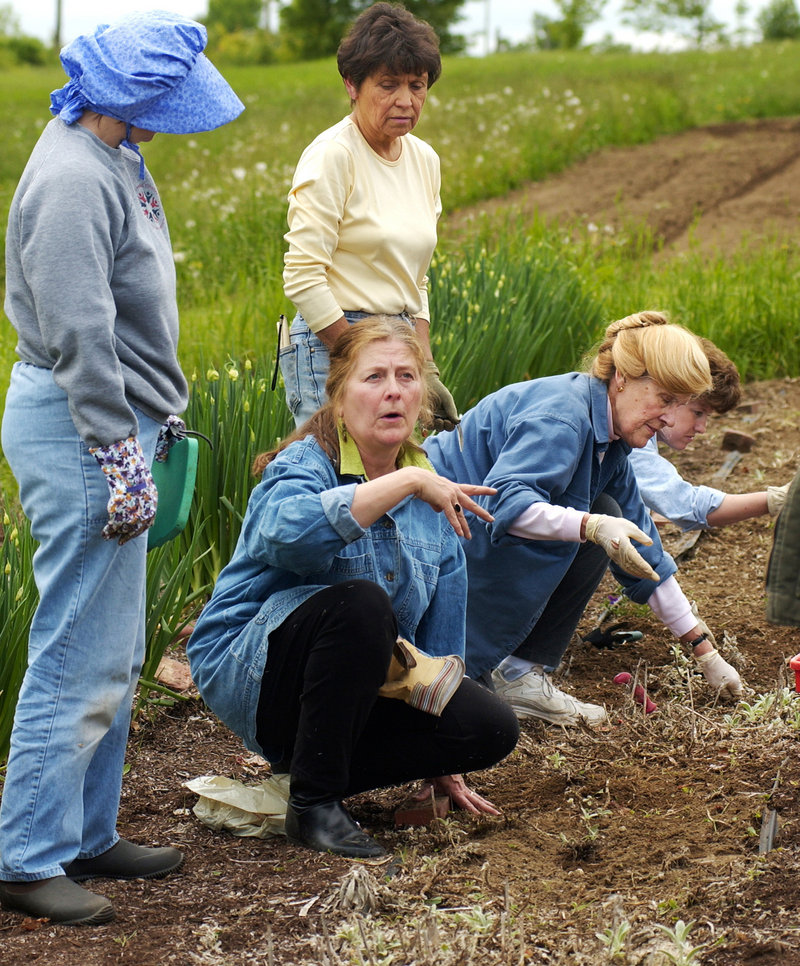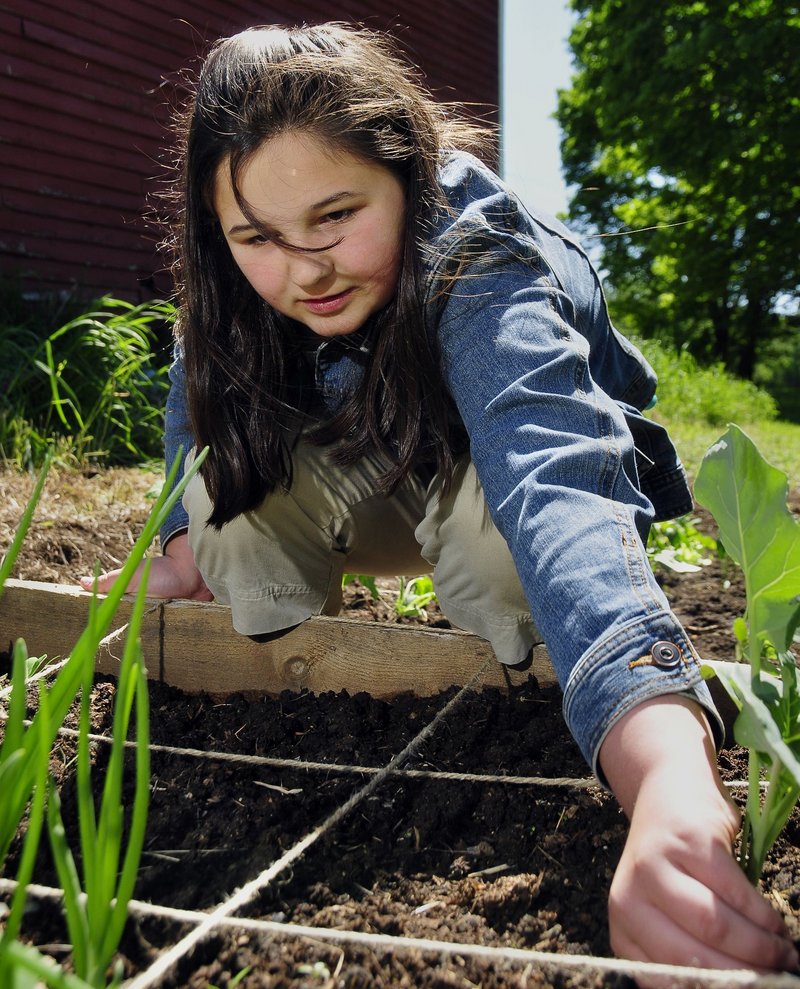Gardeners, it’s a new year. And just maybe it’s the year you finally become a true master of the garden.
You’ll have the chance in the coming weeks and months, when classes around the state begin in the Master Gardener volunteer program run by the University of Maine Cooperative Extension. Most classes begin in January, February and March.
People accepted into the program have to complete 40 hours of classroom study and 40 hours of volunteer service before earning the title. Once they have that title, the main role of Master Gardener volunteers is to represent the extension and help their communities in a variety of ways, from helping young or disabled gardeners, to education and sprucing up public parks and spaces.
“Having Master Gardener volunteers just increases the capacity of what the extension can do exponentially,” said Tori Jackson, an extension educator who teaches Master Gardener classes in Sagadahoc and Androscoggin counties. “We have so much more impact and get to places we never would get to without them.”
The Master Gardener program is used in various forms around the country and has been used in Maine since the early 1980s. It’s estimated that more than 1,300 people have been certified through the program in Maine.
Before being accepted into the class, extension officials look at an applicant’s track record of volunteering. Once accepted, a Master Gardener candidate goes through 40 hours of classroom time, essentially a college-level horticulture class. They learn about subjects such as soil health, sustainable gardening practices, composting, pruning, plant disease and various others.
The basic cost of taking the Master Gardener classes is $330, though there is a sliding fee scale based on income. According to the extension website, the fee is $220 if your household income is between $40,000 and $70,000, and $110 if your household income is $40,000 or less.
In Maine, Master Gardener volunteers are involved in a wide range of programs and community efforts, including:
Kids Can Grow: An extension program where Master Gardeners mentor young gardeners in a hands-on way.
Maine Harvest for Hunger: Master Gardeners help organize county-wide efforts to have gardeners and farmers donate food to food pantries, shelters and senior housing complexes.
Garden Angels: Master Gardeners travel to the homes of physically limited gardeners to help them work in and maintain their gardens.
Laudholm Farm, Wells: Master Gardeners help manage the native plant demonstration garden at the farm.
Community Gardens: Master Gardeners help out at community gardens around the state.
Workshops: They help put on workshops around the state teaching people about various aspects of gardening, plants and food.
Besides the projects listed above, Master Gardeners are often enlisted to help out in towns and cities with various projects, such as public planting, or maintaining a public space.
“We get a lot of calls from cities and towns looking for Master Gardeners to work on projects, and if it’s educational, and doesn’t take a job away from anyone, then it gets consideration,” said Jackson.
Staff Writer Ray Routhier can be contacted at 791-6454 or at:
rrouthier@pressherald.com
Send questions/comments to the editors.





